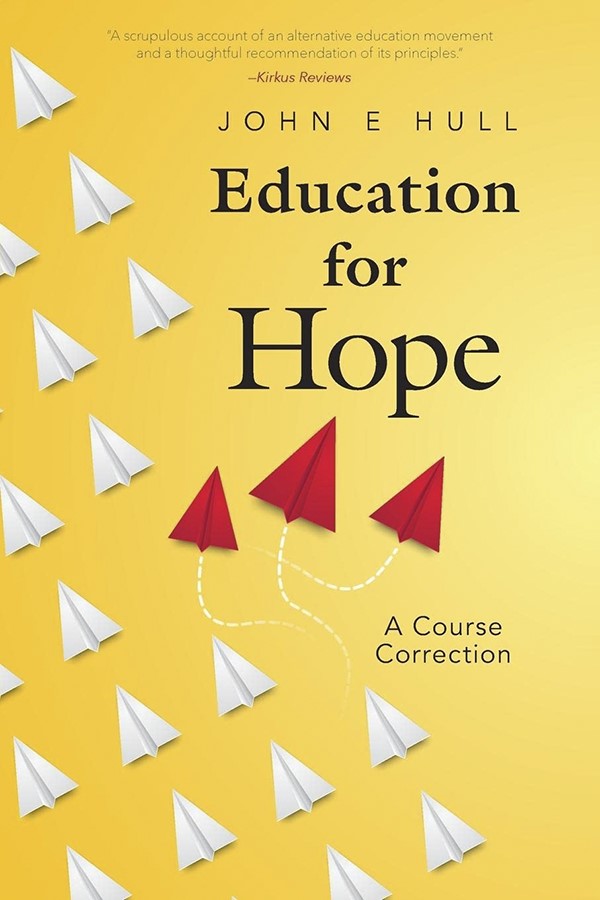Education for Hope: A Course Correction, by John E. Hull (Friesen, 2022)
Dr. John Hull is a Christian educator and scholar born in the United States with a long history of teaching in Christian schools in Canada and as part of the education faculty of The King’s University in Edmonton, Alberta. Who is this book for? In Hull’s own words:
I wrote this book for multiple audiences. Anyone who has been, is currently, or will one day be involved with the Dutch Neo-Calvinist tradition of alternative education has vested interests in the stories and issues that appear in this book. The narrative not only provides them with an overview of their legacy, but also points to a way forward. I also believe educators and supporters who have been, are currently, or will be involved in other faith-based traditions of education can learn much from the strengths and weaknesses of this tradition. (xiii)
So, CEJ readers, this book is for you!
Hull’s book is a gift to the Reformed Christian education movement. The gift is a little like those Russian dolls—matryoshka—that one can take apart only to discover yet more dolls inside. The first “doll” is the core of the book and provides a fascinating history of the neo-Calvinist tradition of education in Canada. American readers of this review might think that this section will be irrelevant to them. Not so. The section begins with a history of the movement in nineteenth-century Holland and its migration to, and early development in, the United States. It then moves to post-WWI Dutch immigration to Canada and the subsequent development of Reformed Christian schools there. In telling this fascinating history, Hull demonstrates his deep understanding of curriculum theory and practice as he sketches the competing views of various Christian school leaders as they attempt to develop (more or less successfully) a uniquely Christian approach to curriculum development and pedagogy.
In order not to weigh down the narrative with too much philosophical and theological discourse, Hull provides brief notes directing the interested reader to the second “doll” of the book called “Digging Deeper.” In my view, the digging deeper excursions are worth the price of the book alone and provide a mini-textbook for anyone interested in knowing more about curriculum theory and practice. This is an abridged version of this article. To read more, subscribe to the print or digital edition of Christian Educators Journal.
Robert Bruinsma is an emeritus professor of education at The King’s University, Edmonton, Alberta.
